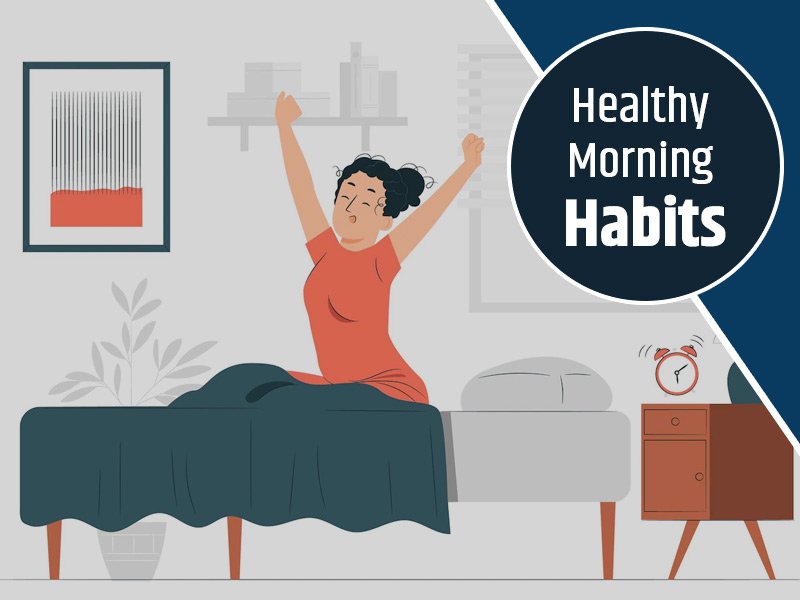Anxiety is a widespread and debilitating mental health condition affecting millions of people around the globe. It is characterized by feelings of worry, fear, and apprehension that can interfere with daily routines. But what exactly is this condition? Is it just a normal reaction to stress, or does it indicate a more serious issue that needs attention?
Understanding What Anxiety Is
This emotional state can be complex and may present in different forms. It might be a sense of unease, an impending sense of doom, or persistent concerns about the future. Certain situations can trigger these feelings, such as public speaking, social interactions, or even routine tasks. To better understand this mental health challenge, it’s important to recognize its various types, including:
- Generalized Anxiety Disorder (GAD): Excessive and ongoing worry about everyday matters.
- Panic Disorder: Recurring panic attacks that can be overwhelming.
- Social Anxiety Disorder: Fear of social scenarios and interactions.
- Phobias: Irrational fears of specific objects, situations, or activities.
Recognizing the Signs and Symptoms

This condition can manifest in physical, emotional, and behavioral ways. Common signs include:
- Rapid heartbeat and palpitations
- Sweating and trembling
- Nausea and stomach discomfort
- Sleep difficulties or insomnia
- Restlessness and irritability
- Avoidance behaviors and social withdrawal
For those experiencing these symptoms, finding effective strategies to manage them and enhance overall well-being is crucial. One innovative method is to explore the benefits of brainwave entrainment, as provided by The Genius Wave. By harnessing sound and neuroscience, individuals can tap into their mental potential and achieve a more balanced, focused state. To discover more about The Genius Wave and its potential to ease anxious feelings, [click here]

What Contributes to Anxiety: Main Factors
Various factors can contribute to the development of this condition, including:
- Genetics: Family history and inherited predispositions
- Brain chemistry: Imbalances in neurotransmitters like serotonin and dopamine
- Life experiences: Traumatic events, ongoing stress, or major life changes
- Personality traits: Perfectionism, low self-esteem, and negative thought patterns
Effective Strategies to Cope with Anxiety
While this condition can be distressing, there are effective ways to cope and reduce symptoms. These include:
- Cognitive-behavioral therapy (CBT): A form of talk therapy that helps identify and modify negative thought patterns
- Medications: Antidepressants, benzodiazepines, and beta-blockers can be beneficial
- Relaxation techniques: Deep breathing, progressive muscle relaxation, and mindfulness meditation
- Physical activity: Regular exercise can significantly decrease anxious feelings

Starting your day with positive routines can also play a vital role in managing these feelings. Incorporating healthy morning habits into your daily schedule can set a foundation for success and improve mental health overall. To learn more about the benefits of morning rituals and how to kickstart your day effectively, [read our article on Healthy Morning Habits: Rituals to Start Your Day Like a Pro].
Conclusion
This mental health challenge is common but highly treatable. By understanding what anxiety is, individuals can take proactive steps toward seeking help and managing their symptoms. With the right support and treatment, overcoming this condition and living a fulfilling life is entirely possible.



